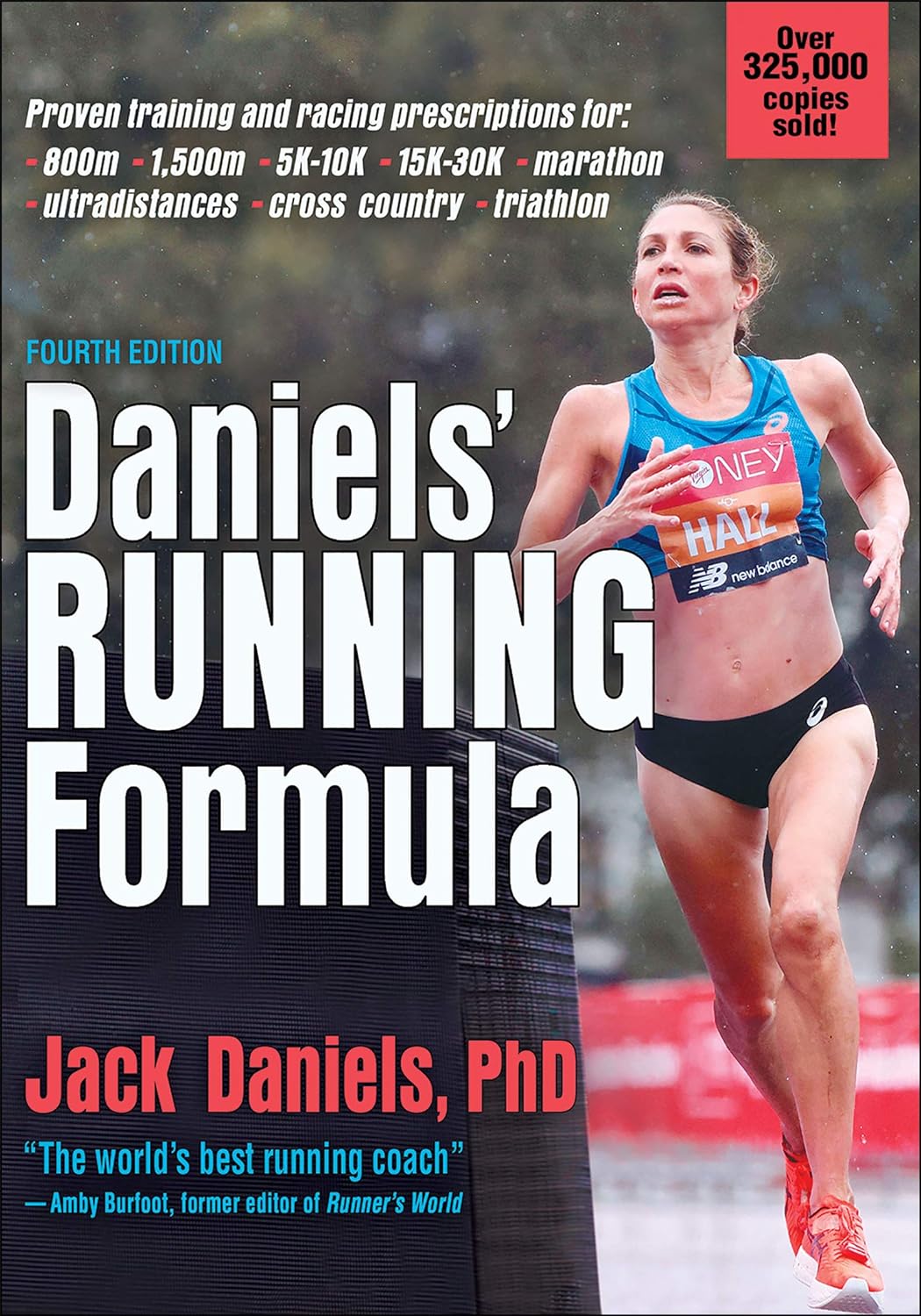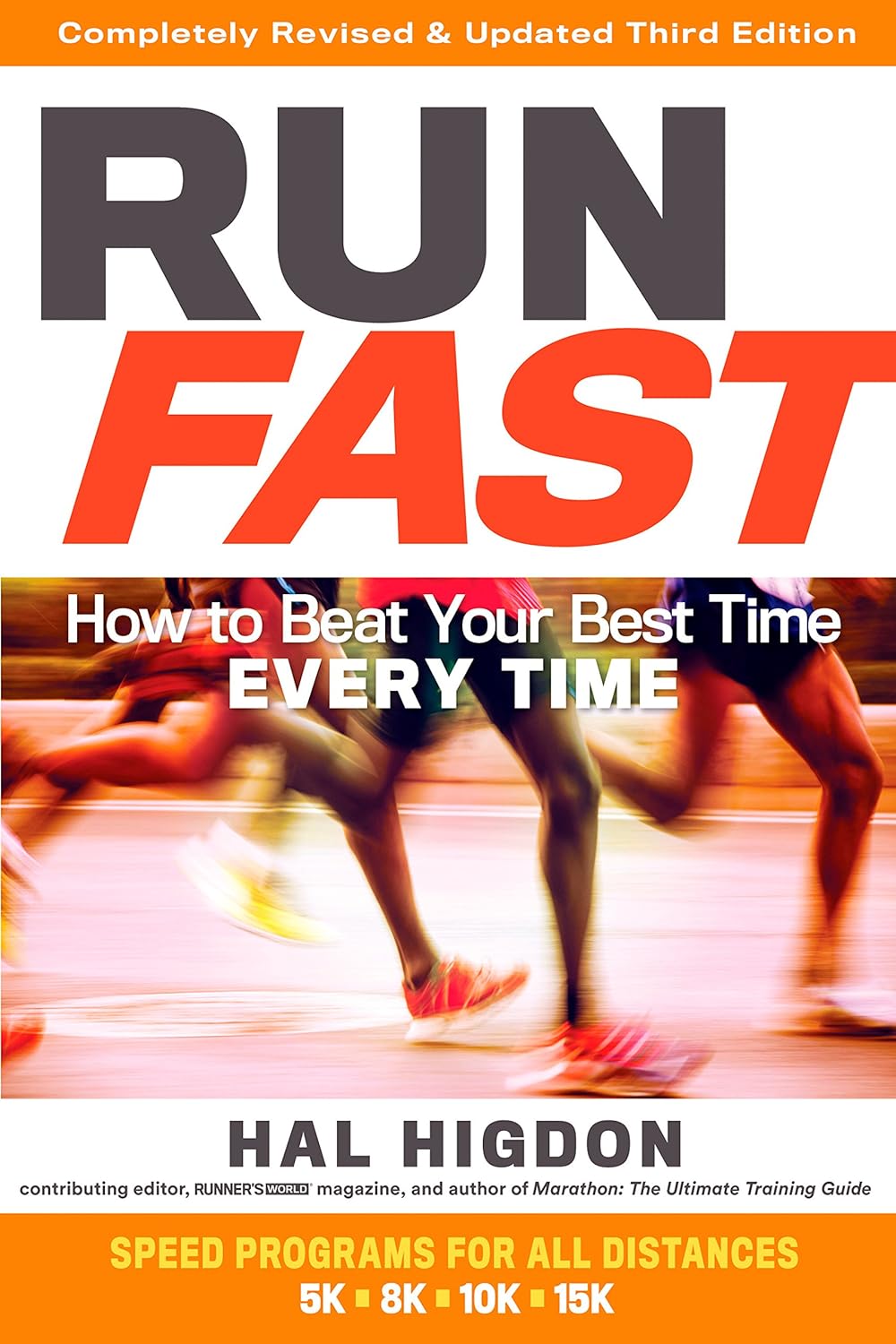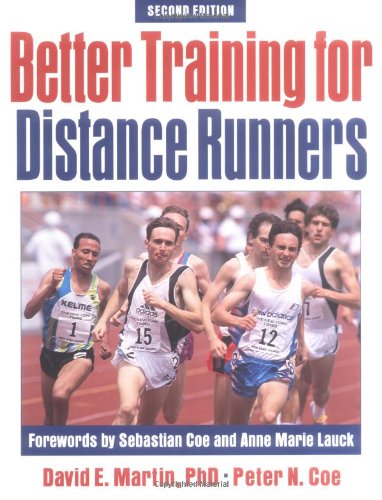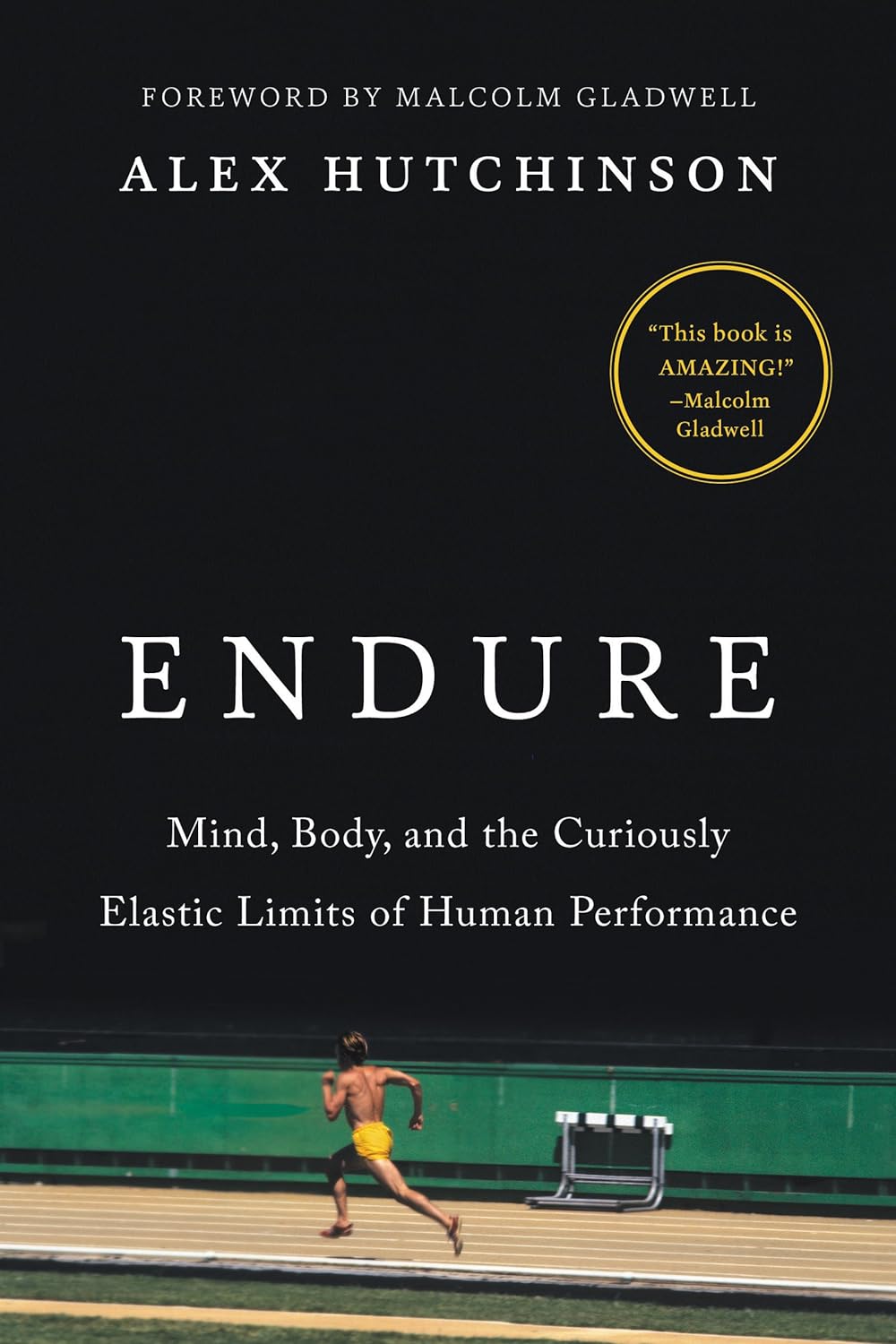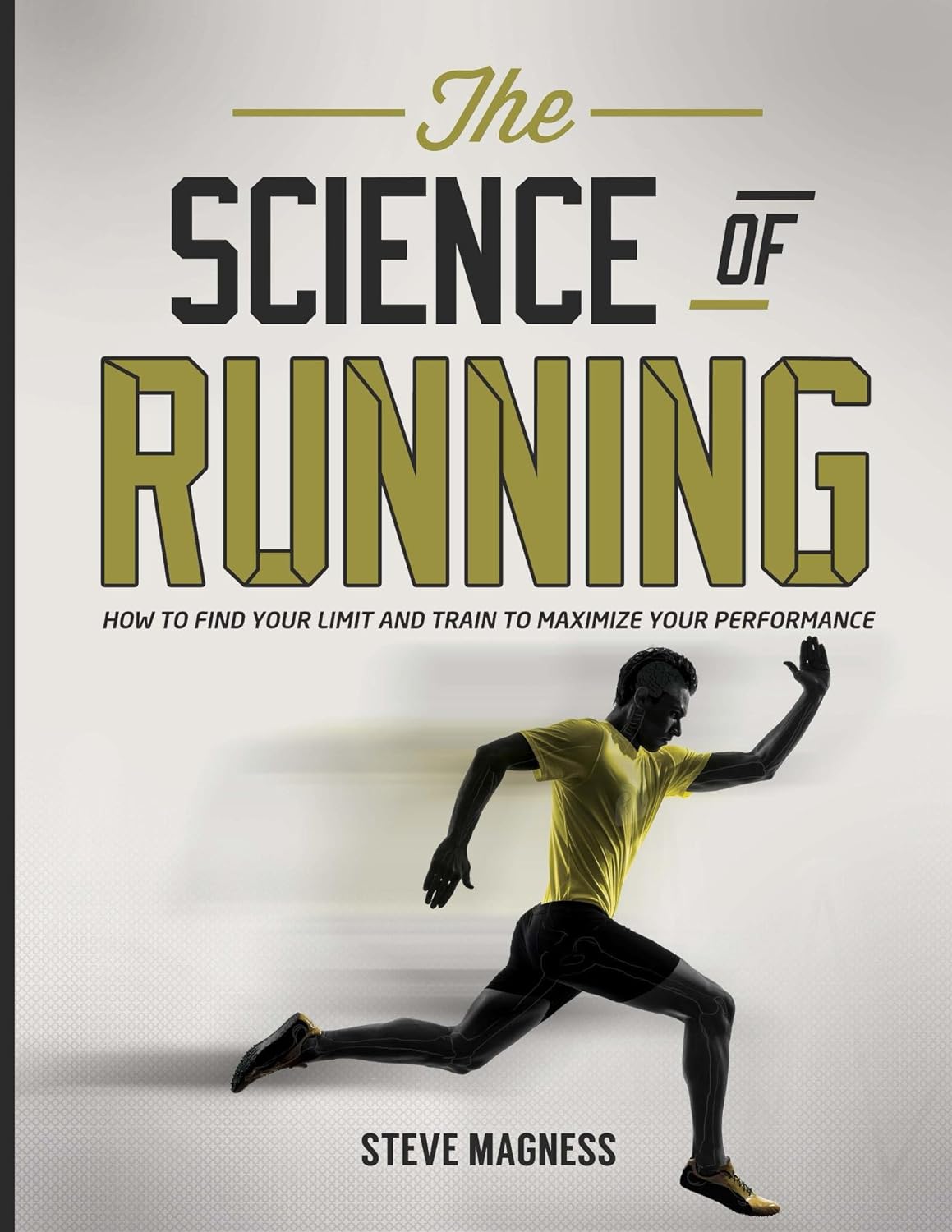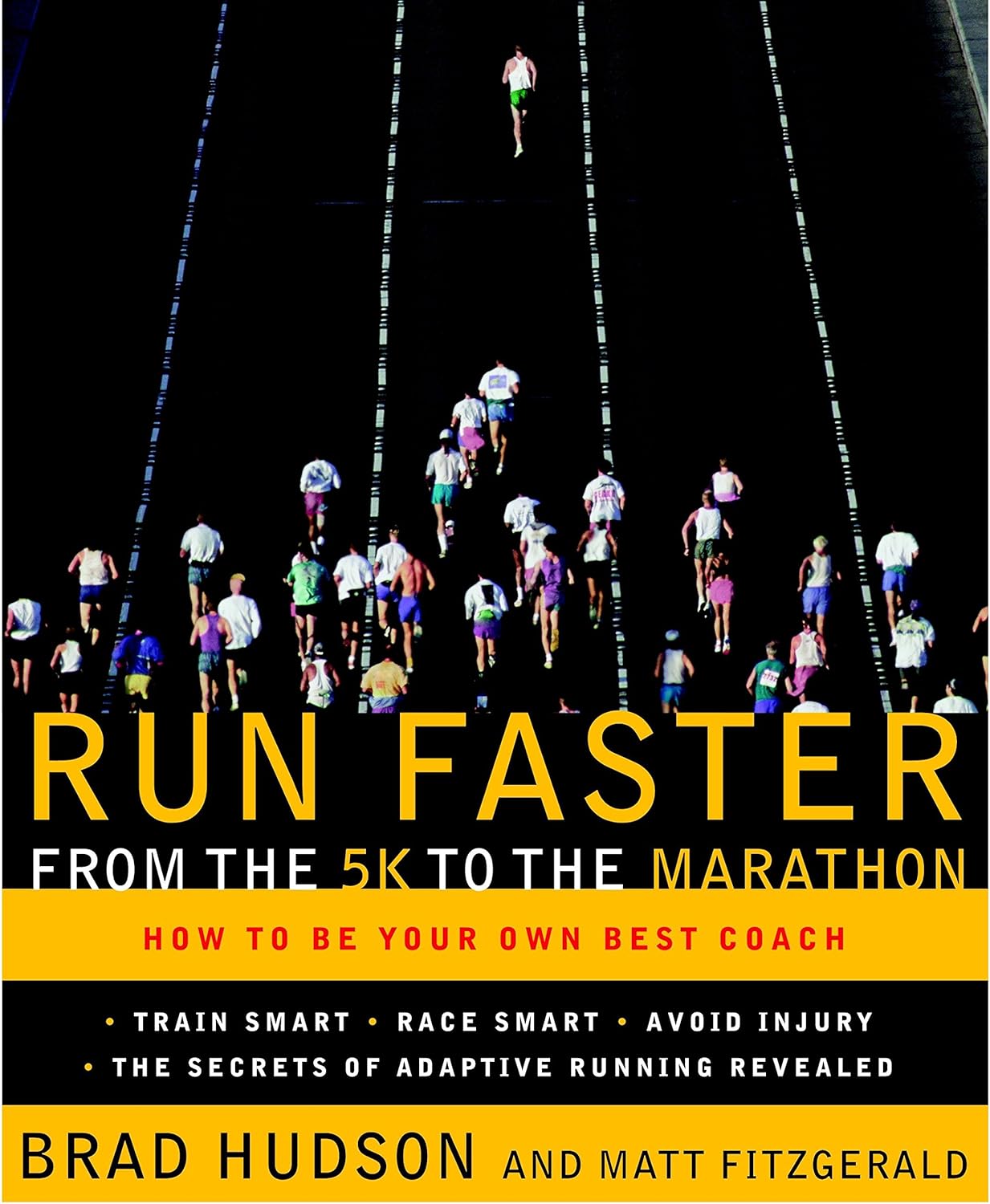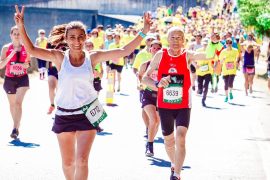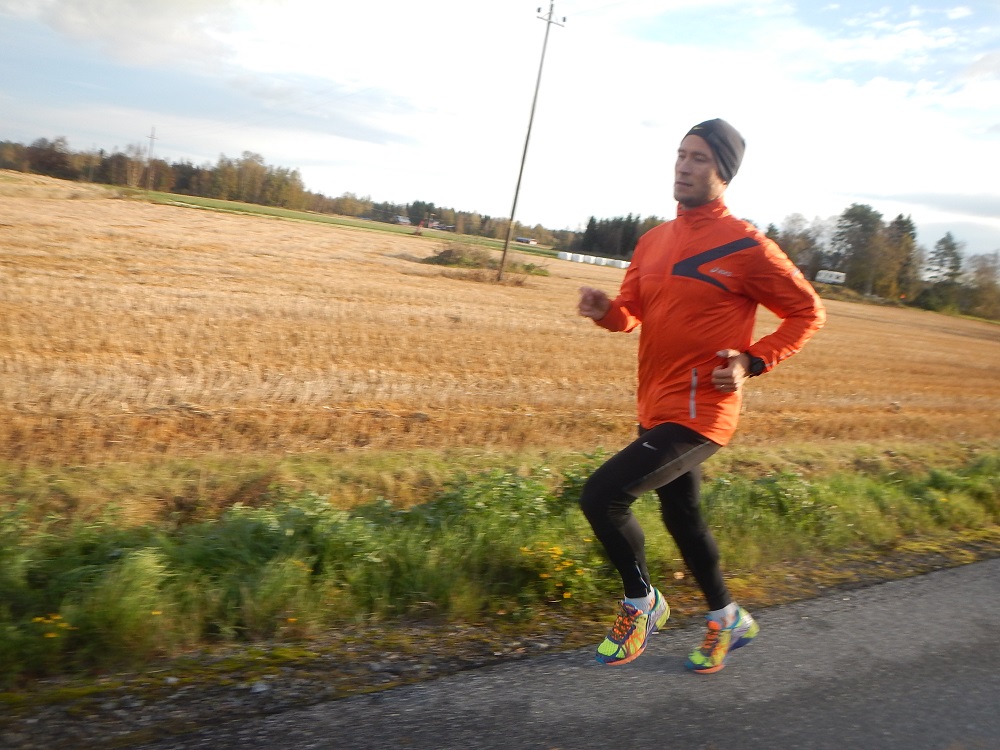In the quest to conquer the marathon, a feat that pushes human endurance to its limits, understanding the science behind it becomes not just beneficial, but essential. “Best Books on the Science of Marathon Training” aims to be your guide through this complex and fascinating subject. From the physiological adaptations of the body to the psychological fortitude required, marathon training is a multidimensional challenge that demands more than just miles under your feet.
In this article, I delve into a curated selection of books that offer insights grounded in scientific research and real-world experience. These books are penned by renowned coaches, seasoned athletes, and respected researchers.
They cover a spectrum of topics essential for marathoners – from the fundamentals of biomechanics and nutrition to advanced training techniques and injury prevention.
Whether you’re a beginner aiming to cross your first finish line or an experienced runner looking to shatter personal records, these books provide the knowledge and inspiration to help you understand the ‘why’ and ‘how’ of your marathon journey.
Here are the Best Books on the Science of Marathon Training:
1. Daniel’s Running Formula by Jack Daniels
“Daniel’s Running Formula” by Jack Daniels is a highly influential book in the world of distance running and coaching. Jack Daniels, a renowned coach and exercise physiologist, has been named “The World’s Best Coach” by Runner’s World magazine. His book is often considered a bible for runners and coaches at all levels. It lays out a comprehensive training philosophy and provides specific training plans for different distances, from the 800 meters to the marathon.
The cornerstone of Daniels’ philosophy is his VDOT formula, which quantifies fitness and training paces by using recent race performances to predict future race times. This allows runners to tailor their workouts precisely to their current fitness level, maximizing efficiency and effectiveness. The book also delves into various aspects of training, such as interval workouts, tempo runs, easy runs, and long runs, explaining how each contributes to the development of a runner’s physiological systems.
Daniels emphasizes the importance of balancing training intensity and volume to avoid overtraining and injury. His approach to periodization and structuring a training season is particularly appreciated by coaches. He also touches on other critical aspects of running, like injury prevention, nutrition, and race strategies, making the book a comprehensive guide for both novice and experienced runners.
Overall, “Daniel’s Running Formula” is celebrated for its scientific basis, practical application, and its holistic approach to training. Whether you’re a self-coached runner looking to improve your personal best or a coach seeking to develop effective training programs for your athletes, this book is an invaluable resource.
2. Run Fast by Hal Higdon
“Run Fast” by Hal Higdon is a comprehensive guide tailored for runners aiming to improve their speed and performance. Hal Higdon, an acclaimed author and an experienced runner himself, brings his expertise and insights to this book, making it a valuable resource for runners of all levels.
The book is structured to cater to a wide range of runners, from beginners to seasoned athletes. Higdon’s approach is grounded in practicality, emphasizing the importance of a balanced training regimen that includes speed work, endurance training, and recovery. He delves into various training techniques, such as interval training, tempo runs, and hill workouts, explaining how these can be effectively incorporated into a runner’s routine.
Moreover, “Run Fast” doesn’t just focus on physical training. Higdon also addresses the mental aspects of running, acknowledging the challenges runners face and offering strategies to overcome them. This holistic approach ensures that readers not only run faster but also develop a deeper appreciation for the sport.
The book is well-received for its clear, concise instructions and its ability to translate complex training concepts into easily understandable language. Higdon’s personal anecdotes and experiences add a relatable touch, making the book not just a training manual but also an inspirational read.
Whether you’re looking to set a new personal best or simply want to gain speed, “Run Fast” by Hal Higdon is a go-to resource that combines the science of running with practical, real-world advice. Its comprehensive coverage of various aspects of running makes it a must-read for anyone serious about improving their running performance.
3. Better Training for Distance Runners by Peter Coe and David Martin
“Better Training for Distance Runners” by Peter Coe and David Martin is a comprehensive guide that has been influential in the field of distance running. Authored by two experts in the field, the book offers a blend of scientific principles and practical advice, making it a valuable resource for both athletes and coaches.
Peter Coe, known for his role in coaching his son Sebastian Coe, a multiple Olympic gold medalist, brings his practical experience and success in middle-distance running to the book. David Martin, a renowned exercise physiologist, complements this with a strong scientific perspective. Together, they present a detailed exploration of the physiology of distance running, training methodologies, and strategies to enhance performance.
The book is particularly notable for its scientific approach to training. It delves into the specifics of energy systems, muscle fiber types, and the physiological demands of distance running, providing readers with a deep understanding of what it takes to excel in this sport. The authors also discuss various training techniques, including interval training, tempo runs, and long runs, and how these can be effectively integrated into a training program.
Additionally, “Better Training for Distance Runners” covers topics such as nutrition, injury prevention, and mental preparation, addressing the holistic needs of distance runners. The book’s blend of scientific insight and practical advice makes it a timeless resource for those looking to improve their performance in distance running. Whether you’re a beginner or an experienced runner, this book offers valuable insights to help you train smarter and achieve your running goals.
4. Endure: Mind, Body, and the Curiously Elastic Limits of Human Performance by Alex Hutchinson
“Endure: Mind, Body, and the Curiously Elastic Limits of Human Performance” by Alex Hutchinson is a compelling exploration into the science of endurance and the limits of human performance. Hutchinson, a physicist turned journalist and a long-time runner, delves into the question of what defines the boundaries of human physical and mental endurance. His investigation spans a wide array of scientific disciplines, including biology, psychology, and neuroscience.
The book is structured around the central premise that the limits of endurance are more than just a matter of muscle strength or cardiovascular efficiency; they also involve a critical mental component. Hutchinson presents a myriad of research and stories from athletes, scientists, and explorers to illustrate how our perceptions of physical and mental limits can be as important as the physiological limits themselves.
He discusses the role of the brain in setting these limits and how these barriers can sometimes be pushed or even broken. From the famous sub-2-hour marathon goal to extreme environments like Mount Everest, the book offers insights into how the human body and mind respond to extreme stress. Hutchinson’s narrative is not just about sports; it’s a deeper inquiry into the human condition and our understanding of what is possible.
The book appeals not just to athletes and sports enthusiasts, but to anyone interested in the interplay between the mind and body and the incredible potential of human beings to push beyond perceived limitations.
5. The Science of Running by Steve Magness
“The Science of Running” by Steve Magness is a comprehensive guide that delves into the intricacies of running from a scientific perspective. Steve Magness, a renowned coach and sports scientist, combines his extensive knowledge and practical experience to offer insights into the art and science of running. The book is designed for runners of all levels, from amateurs to elite athletes, and it aims to bridge the gap between scientific theory and practical application in the field of distance running.
Magness meticulously discusses various aspects of running, including training principles, biomechanics, physiology, and psychology. He explores how these elements interact to impact a runner’s performance and provides strategies to optimize training and racing. The book is well-researched and includes references to numerous studies, making it a valuable resource for anyone interested in understanding the underlying science of running.
Moreover, “The Science of Running” challenges traditional training paradigms, encouraging readers to think critically about common practices and embrace a more individualized approach to training. This aspect of the book is particularly beneficial for coaches and athletes seeking to develop tailored training programs that address specific needs and goals.
In essence, “The Science of Running” is not just a compilation of training tips; it’s a deep dive into the factors that influence running performance, offering a blend of scientific theory and practical advice. Whether you’re a beginner runner, a seasoned athlete, or a coach, this book provides valuable insights that can help enhance your understanding of running and improve your approach to training and competition.
6. Run Faster: Improve Your Running Performance with the Latest Sports Science by Brad Hudson and Matt Fitzgerald
“Run Faster: Improve Your Running Performance with the Latest Sports Science,” co-authored by Brad Hudson and Matt Fitzgerald, is a comprehensive guide for runners seeking to enhance their performance using cutting-edge techniques and insights from sports science. Brad Hudson, a renowned coach, and Matt Fitzgerald, a respected sports journalist and coach, combine their expertise to present a multifaceted approach to running faster.
The book delves into various aspects of running, including training methodologies, workout designs, and recovery strategies. Hudson and Fitzgerald emphasize the importance of adapting training to individual needs, advocating for a personalized approach rather than a one-size-fits-all regimen. They introduce the concept of “adaptive running,” which encourages runners to continuously adjust their training based on their responses and progress.
One of the book’s highlights is its in-depth exploration of different types of workouts, such as tempo runs, intervals, and long runs, explaining their specific benefits and how they fit into an overall training plan. The authors also cover critical topics like injury prevention, nutrition, and mental strategies to help runners achieve peak performance.
Throughout, “Run Faster” is rich in practical advice, real-world examples, and insights from scientific research. It’s designed not only for elite athletes but also for recreational runners who aspire to improve their personal bests. The book’s approachable style makes complex sports science concepts accessible to a broad audience, making it a valuable resource for anyone looking to enhance their running speed and endurance through informed and effective training strategies.
These were my favorites among the Best Books on the Science of Marathon Training. I hope this list has inspired you to find interesting books on the fascinating topic of marathon running.
Read more: Best books on running


